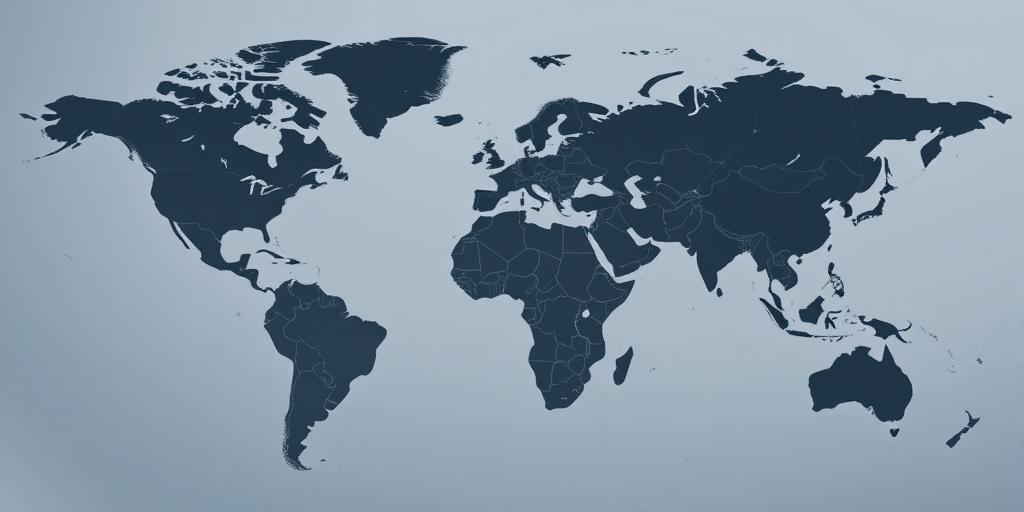Hey everyone! Let's dive into something super fascinating (and maybe a little scary): the impact of geopolitics on our global economy. I mean, seriously, have you ever stopped to think about how much what happens in one part of the world can affect your wallet? It's wild!
So, geopolitics – that's basically the relationships between countries, their power struggles, and all the drama that ensues. Think wars, trade deals, sanctions…the whole shebang. And guess what? All that stuff has a HUGE impact on the global economy. We're talking inflation, supply chain disruptions, stock market swings – the works.
Take the current situation, for example. There are so many interconnected factors right now – energy prices, food security, you name it. It's like a giant game of Jenga, and every time a geopolitical domino falls, the whole thing feels like it's about to crumble. You know what I mean?
One thing that's really hit home lately is how interconnected everything is. A conflict in one region can suddenly make a specific resource scarce, driving up prices everywhere. Remember the oil crisis? That's a perfect example. Or even the chip shortage – that was partly due to geopolitical tensions, and it impacted everything from our phones to our cars.
It's not just about big events, either. Smaller geopolitical shifts – like changes in trade agreements or diplomatic relations – can also create ripples through the global economy. These ripples can be subtle at first, but they can build up over time and have a significant impact.
Let's be real, predicting the future is impossible. But understanding the relationship between geopolitics and the global economy is crucial, not just for economists and policymakers, but for all of us. It helps us make better financial decisions, be more aware of global events, and maybe even become more engaged citizens. It's all connected, people!
Have you tried to make sense of these global issues? Would love to hear your take!




